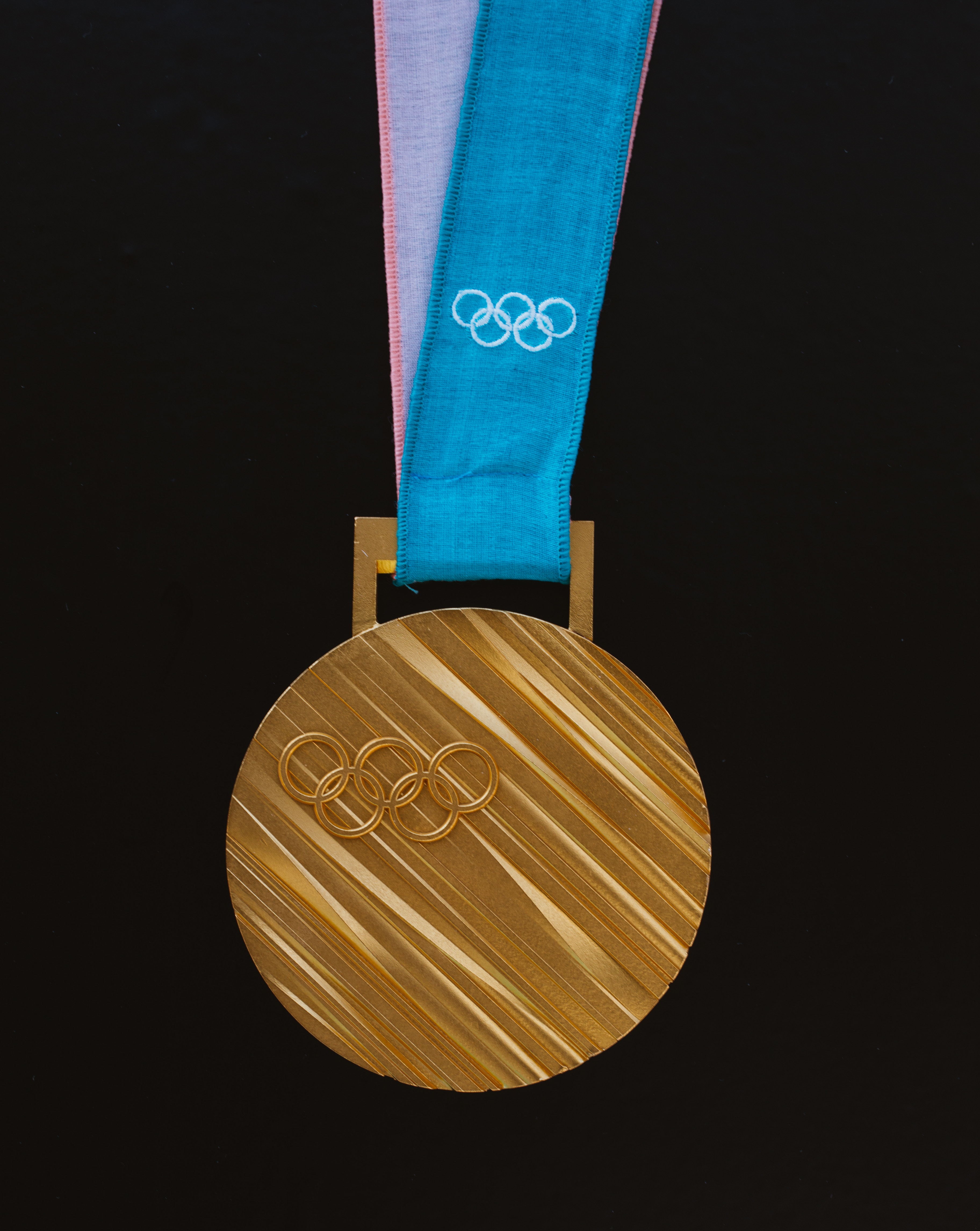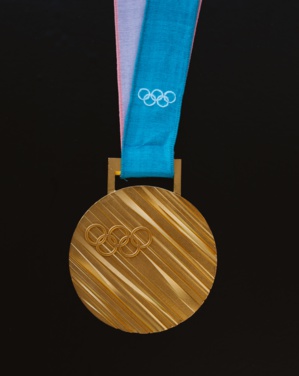Dailycsr.com – 13 February 2018 – Brian Collett reporting to Ethical Performance informs that a new drive towards ensuring sustainable sourcing of seafood and fish in the “2020 Tokyo Olympics” has taken birth. If the attempt meets with success then it could mark a “huge international coup” in promoting “ethical standards” amid poor industrial transparency and “supply chain traceability”.
The “David and Lucile Packard Foundation”, an NGO based out of California, is at the helm of heading the sustainability said effort. Many of the non-profits being supported by the foundation have their focus on natural systems’ restoration. The campaign involving 2020 Olympics comes under the foundation’s attempt to promote “sustainable fish and seafood” sources among “Japanese businesses”.
Lately contributions amounting to “millions of dollars” have been made by the foundation towards various organisations as an encouragement to introduce “sustainability in the industry”. According to Collett:
“Last year it (David and Lucile Packard Foundation) granted $1.15m (£852,000, €980,000) to Seafood Legacy, a Tokyo group advocating partnerships between businesses and sustainability NGOs, and $975,000 to the Oregon-based Ocean Outcomes, an international non-profit with similar aims, to implement fishery improvement projects in Asia”.
Moreover, the Japan oriented objectives of the foundation have included “helping businesses and NGOs” for building up a “sustainable fish and seafood market” in the country, whereby “rewarding fisheries for ethical practices” besides urging “international policies” to tighten their grip against “illegal catches”.
Along the way, the foundation has gathered many recruited participants into the Olympics campaign in order to make the message “more effective”, coming from “various groups”. A partnership has been created in the United States between the “fish and seafood industry representatives, national governments and NGOs” that strive to “share best practice” and stand together in the fight against “illegal activities”. Known as “Salt”, the “Seafood Alliance for Legality and Traceability”, the partnership has its focus on “supply chain transparency and traceability”.
FishWise is a group in California that promotes cleanliness of oceans. It also co-ordinates the alliance, whereby the C.E.O at FishWise said:
“Salt will catalyse solutions that transform how the seafood industry and governments collect, share, verify and ultimately utilise data in the pursuit of sustainable fisheries.”
The alliance has substantial support, while the “Agency for International Development”, a government body, will be giving “$1.1m” to the alliance in its first year. Similarly, “Walton Family Foundation”, Arkansas bases “social improvement body” that was the establishment of the founders’ of Walmart, will be giving “at least $1m a year”.
The fund, thus given by Walton, will be used in Salt programmes spreading across “Peru, Chile, Mexico, Indonesia, Japan and Spain as well as the US”. While, the Oceans Programme Officer at the Foundation, Teresa Ish stated:
“Traceability is a critical component of an efficient, modern and sustainable seafood industry.”
References:
http://ethicalperformance.com/
The “David and Lucile Packard Foundation”, an NGO based out of California, is at the helm of heading the sustainability said effort. Many of the non-profits being supported by the foundation have their focus on natural systems’ restoration. The campaign involving 2020 Olympics comes under the foundation’s attempt to promote “sustainable fish and seafood” sources among “Japanese businesses”.
Lately contributions amounting to “millions of dollars” have been made by the foundation towards various organisations as an encouragement to introduce “sustainability in the industry”. According to Collett:
“Last year it (David and Lucile Packard Foundation) granted $1.15m (£852,000, €980,000) to Seafood Legacy, a Tokyo group advocating partnerships between businesses and sustainability NGOs, and $975,000 to the Oregon-based Ocean Outcomes, an international non-profit with similar aims, to implement fishery improvement projects in Asia”.
Moreover, the Japan oriented objectives of the foundation have included “helping businesses and NGOs” for building up a “sustainable fish and seafood market” in the country, whereby “rewarding fisheries for ethical practices” besides urging “international policies” to tighten their grip against “illegal catches”.
Along the way, the foundation has gathered many recruited participants into the Olympics campaign in order to make the message “more effective”, coming from “various groups”. A partnership has been created in the United States between the “fish and seafood industry representatives, national governments and NGOs” that strive to “share best practice” and stand together in the fight against “illegal activities”. Known as “Salt”, the “Seafood Alliance for Legality and Traceability”, the partnership has its focus on “supply chain transparency and traceability”.
FishWise is a group in California that promotes cleanliness of oceans. It also co-ordinates the alliance, whereby the C.E.O at FishWise said:
“Salt will catalyse solutions that transform how the seafood industry and governments collect, share, verify and ultimately utilise data in the pursuit of sustainable fisheries.”
The alliance has substantial support, while the “Agency for International Development”, a government body, will be giving “$1.1m” to the alliance in its first year. Similarly, “Walton Family Foundation”, Arkansas bases “social improvement body” that was the establishment of the founders’ of Walmart, will be giving “at least $1m a year”.
The fund, thus given by Walton, will be used in Salt programmes spreading across “Peru, Chile, Mexico, Indonesia, Japan and Spain as well as the US”. While, the Oceans Programme Officer at the Foundation, Teresa Ish stated:
“Traceability is a critical component of an efficient, modern and sustainable seafood industry.”
References:
http://ethicalperformance.com/


 A Drive To Take Sustainable Sourcing Of Seafood & Fish To The 2020 Olympics
A Drive To Take Sustainable Sourcing Of Seafood & Fish To The 2020 Olympics





 Companies
Companies